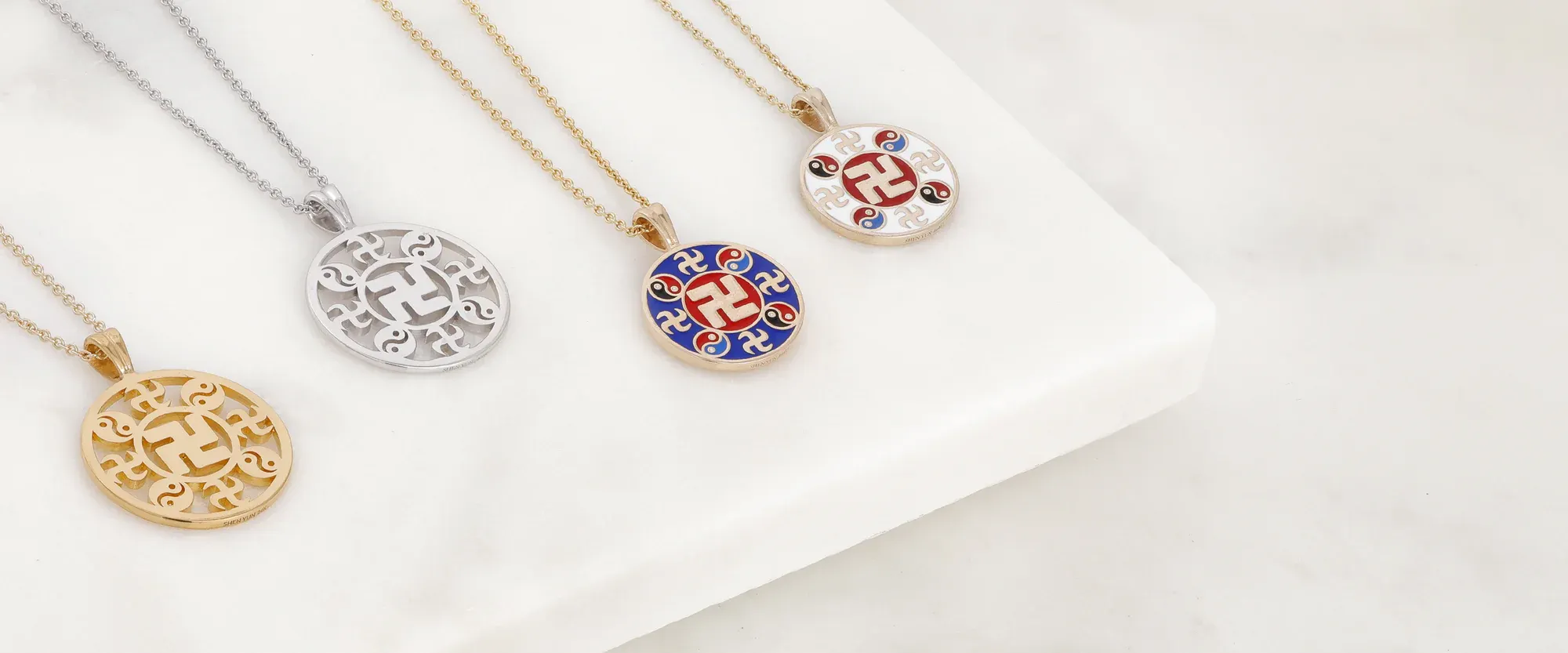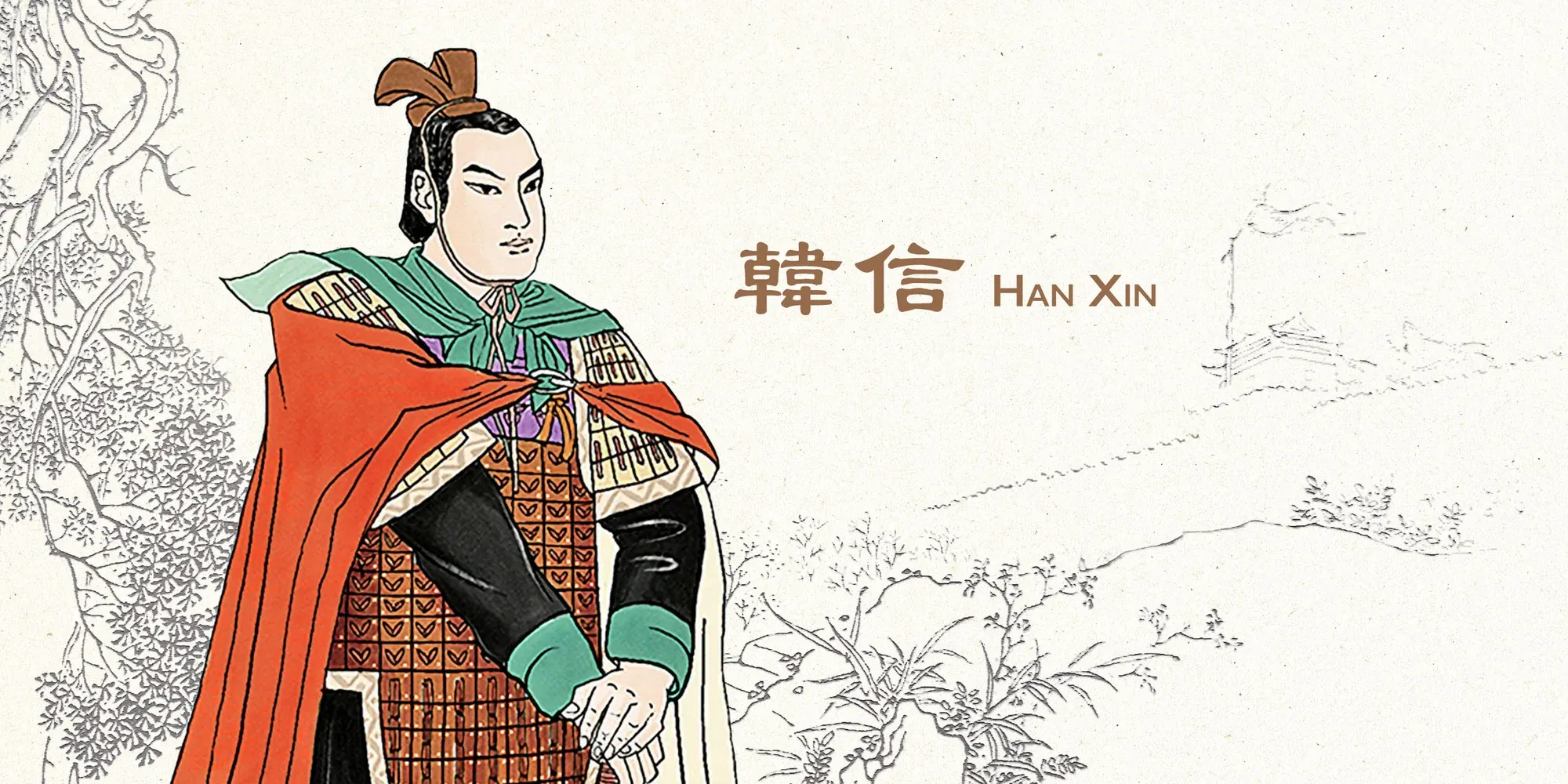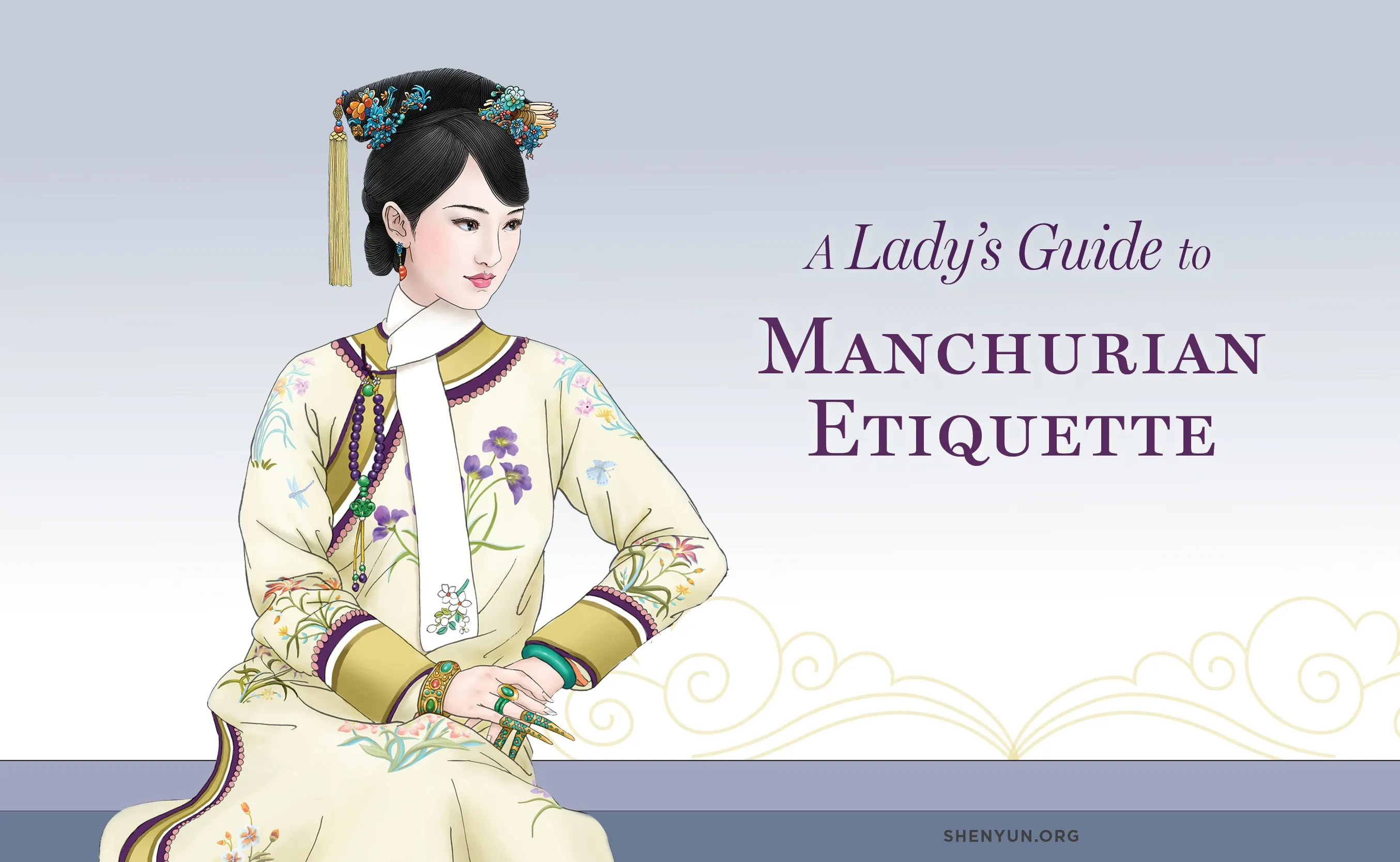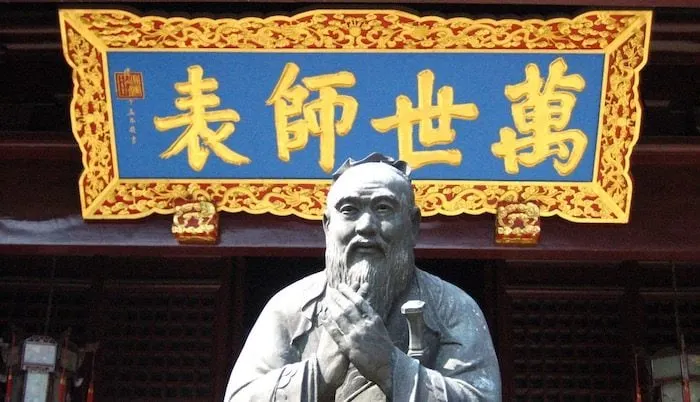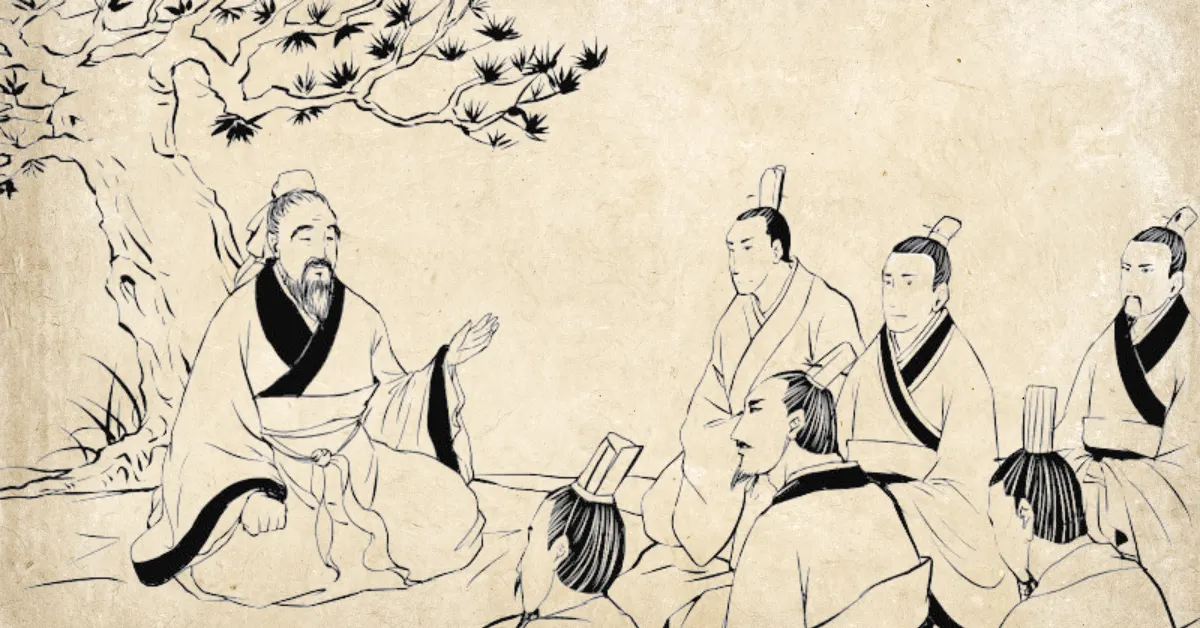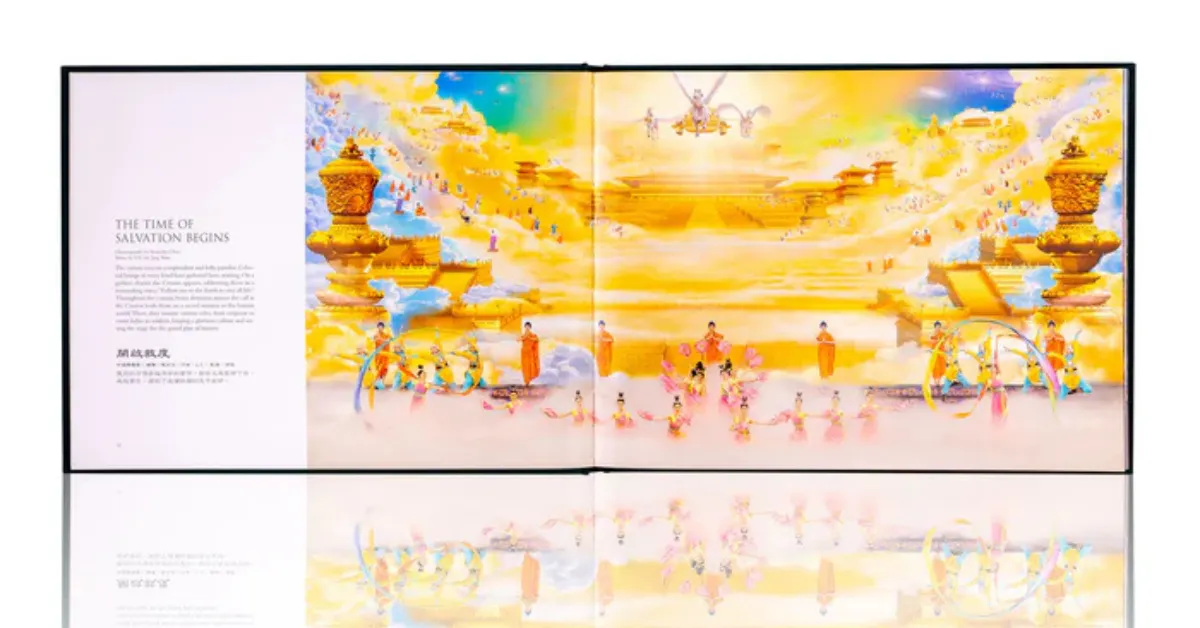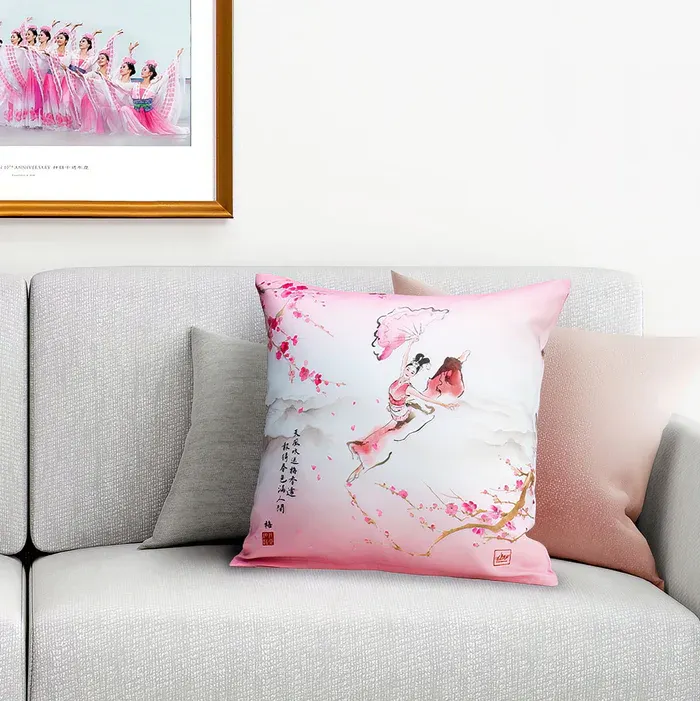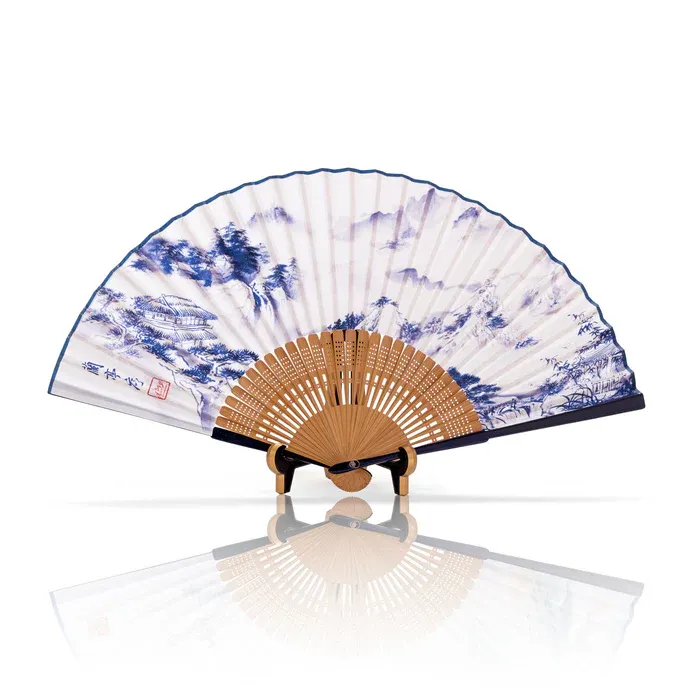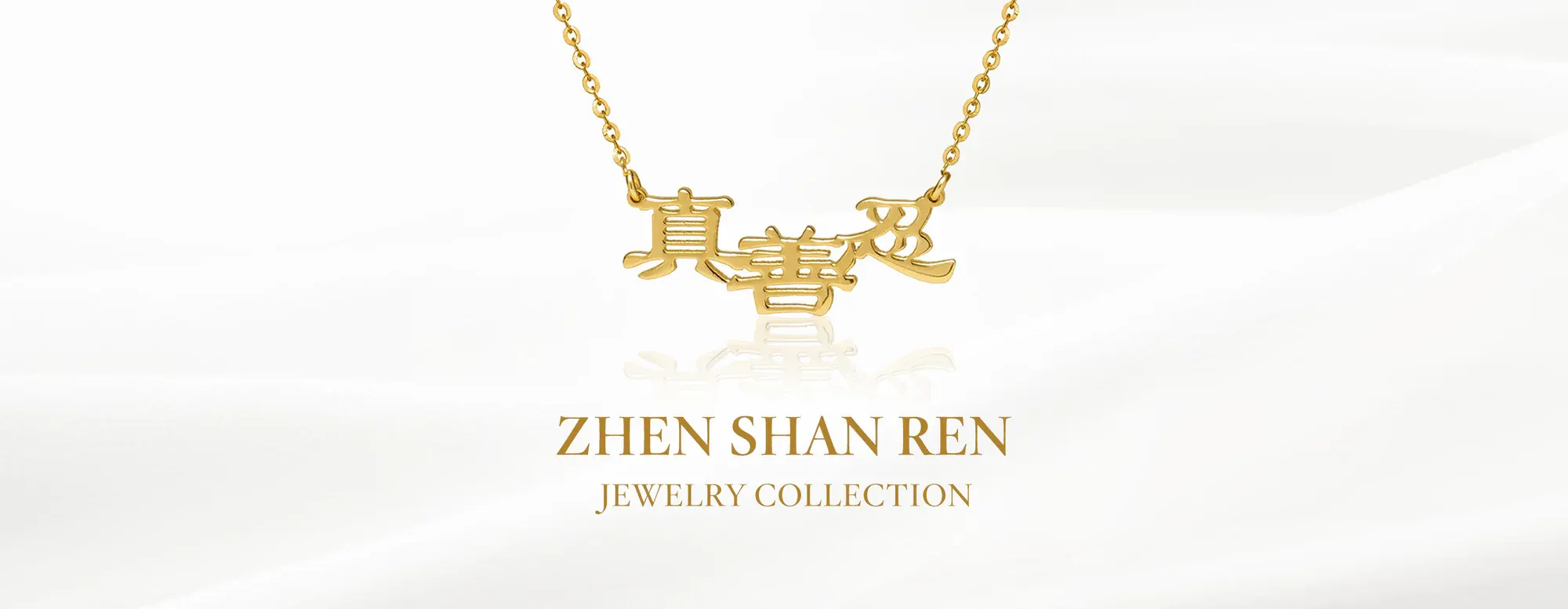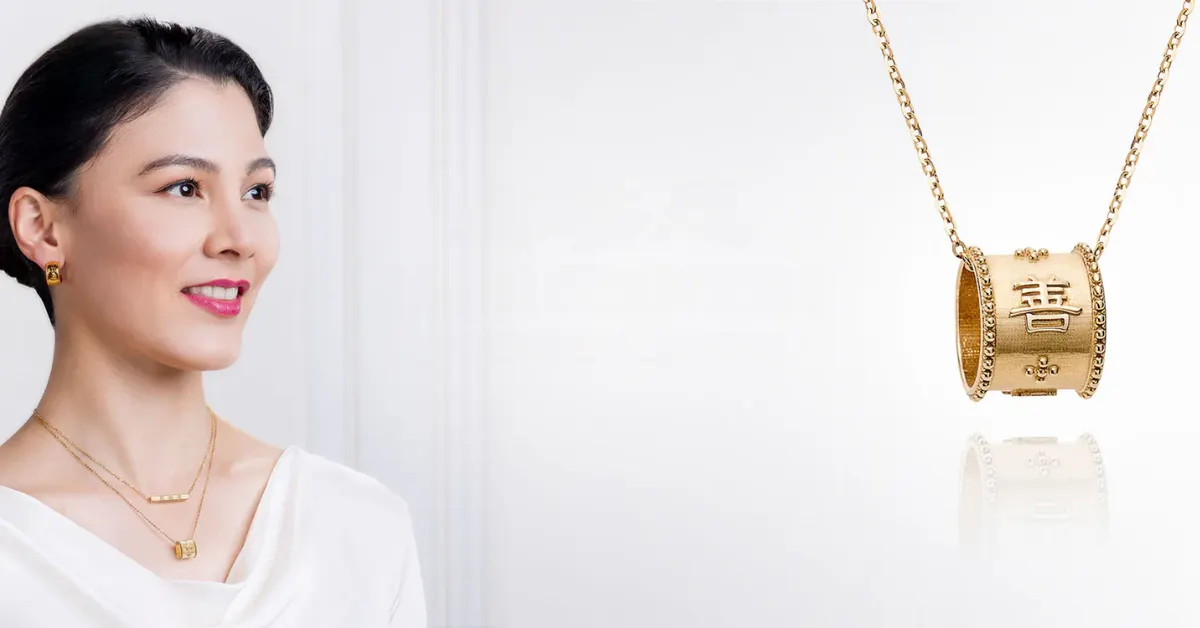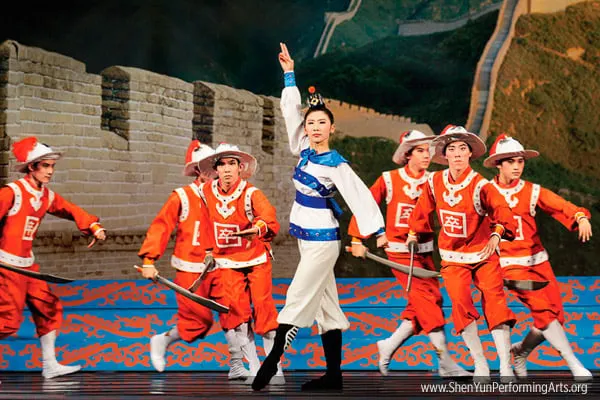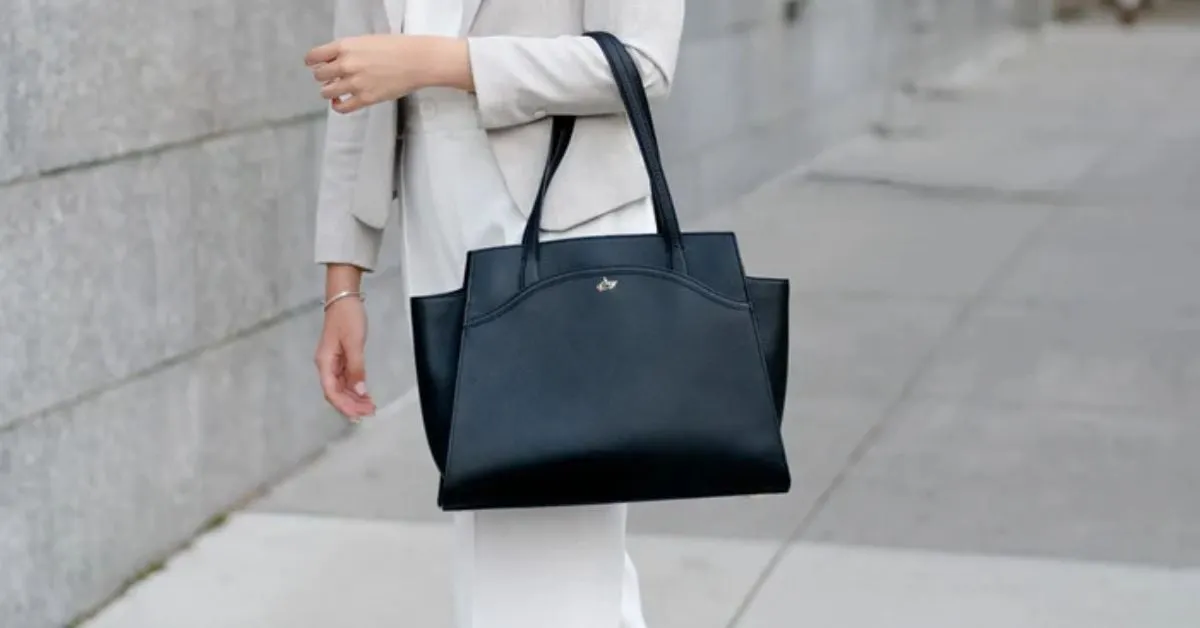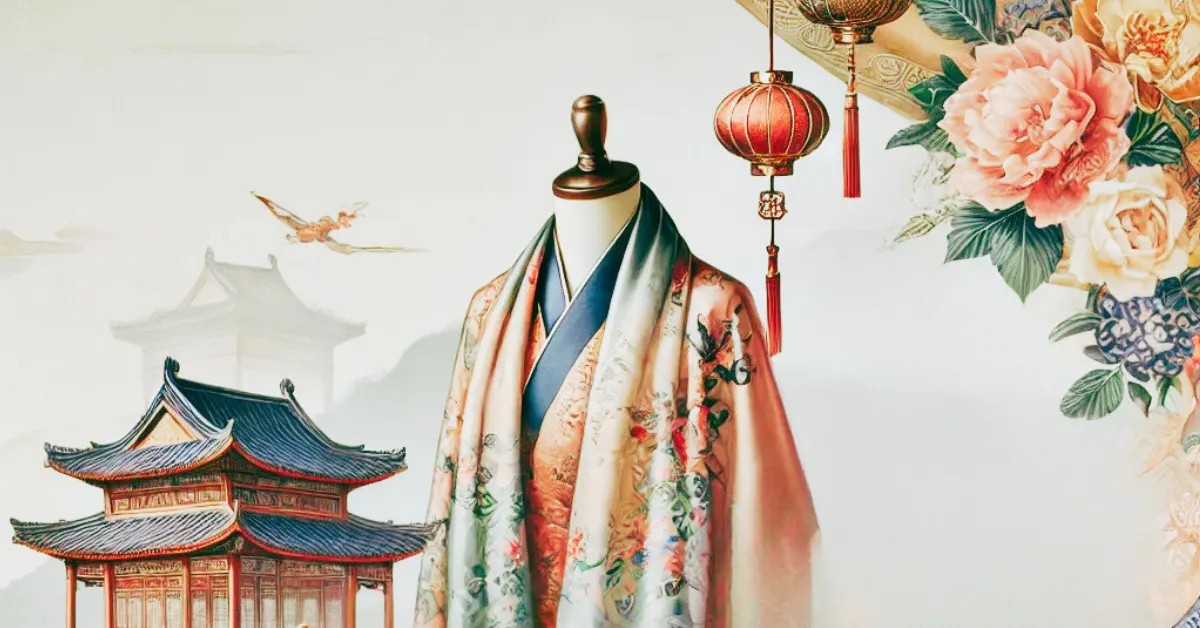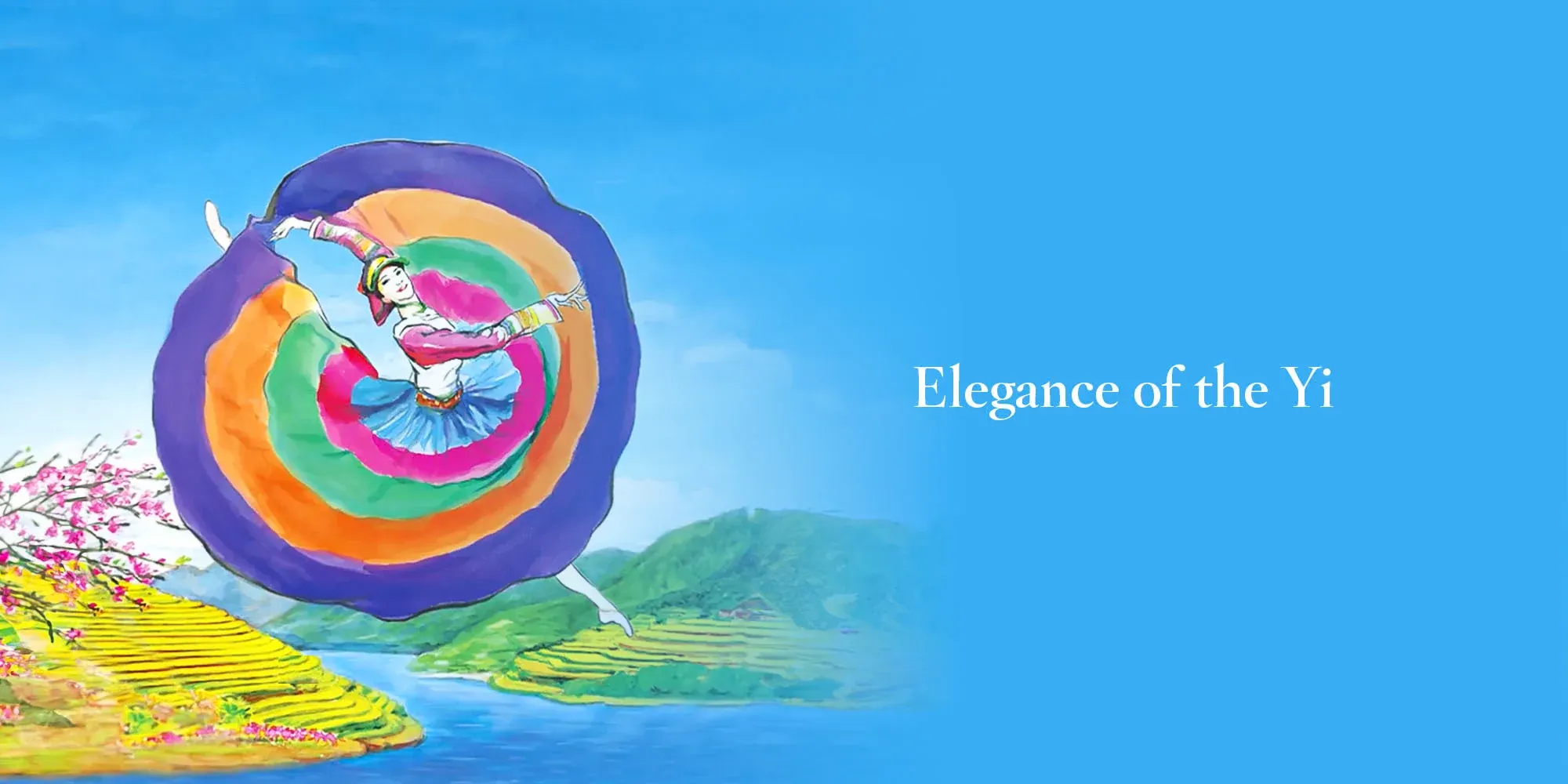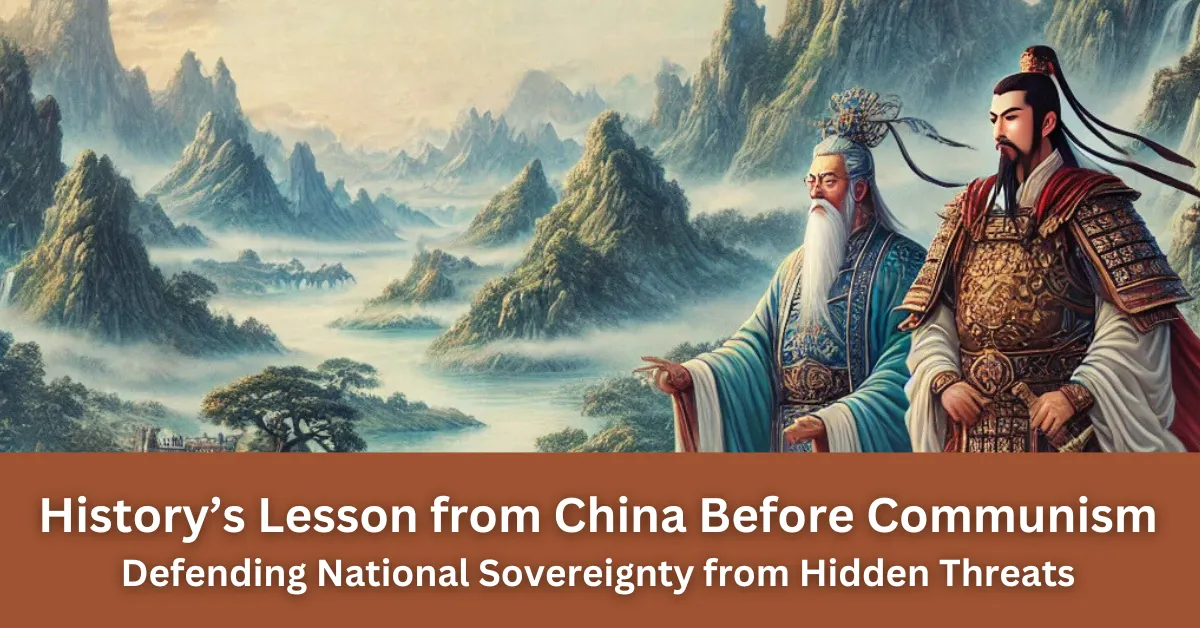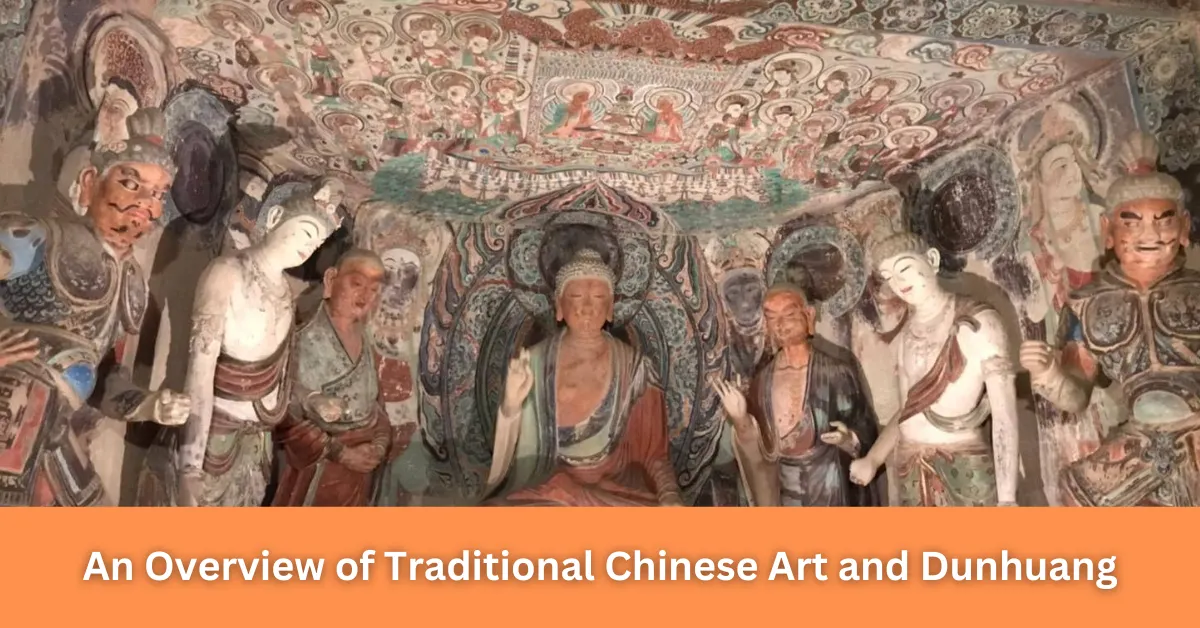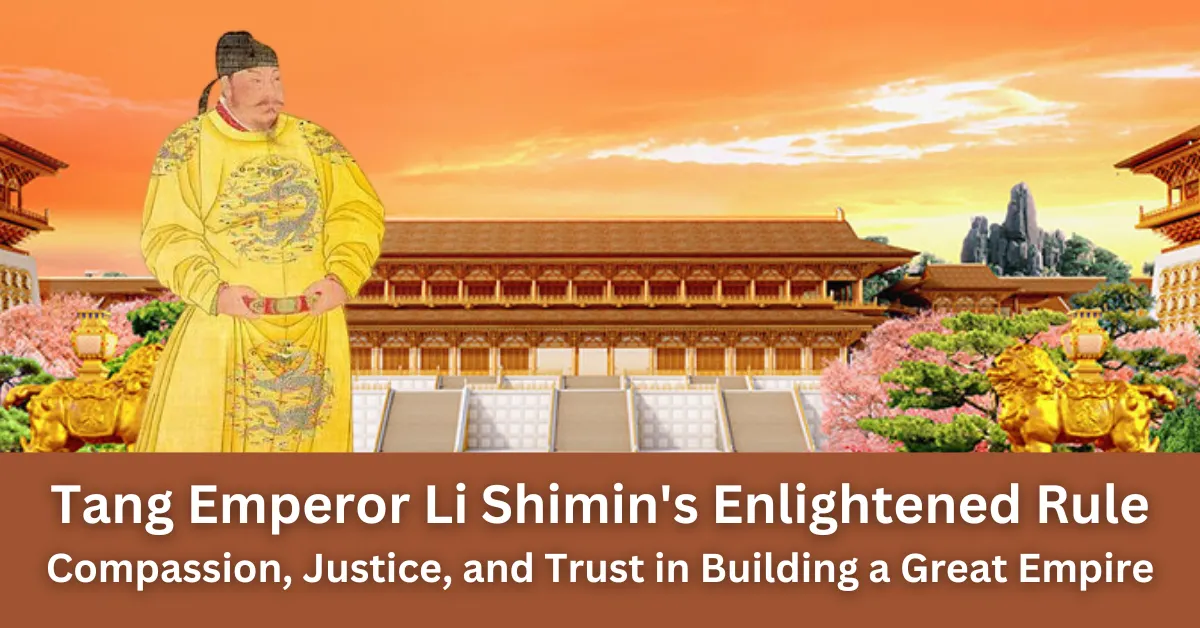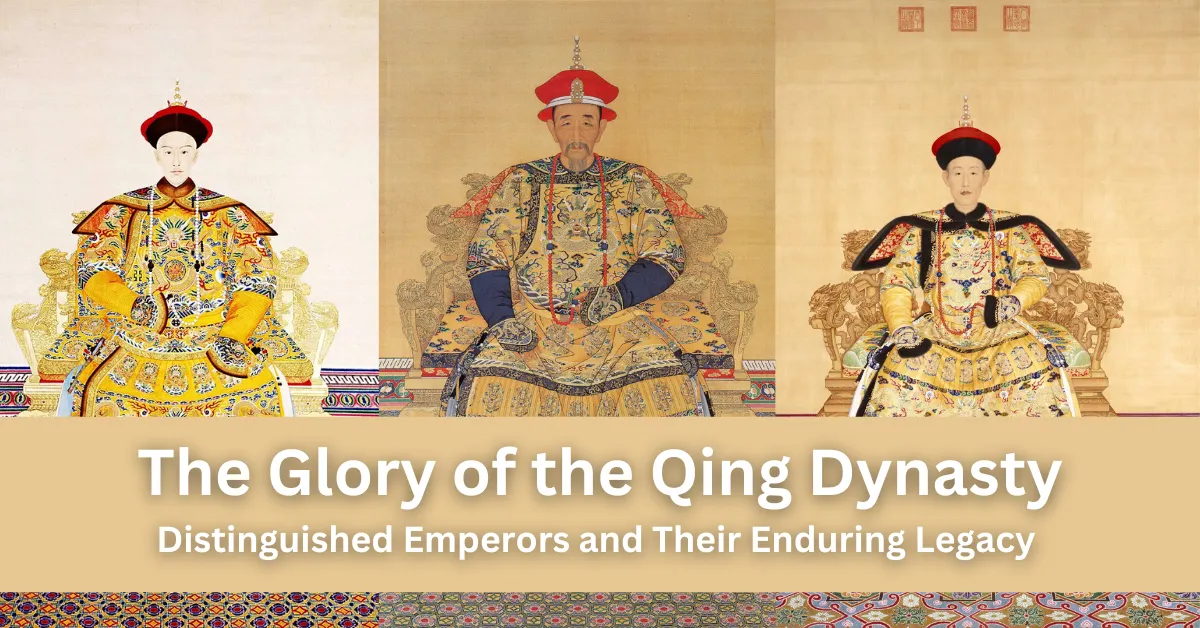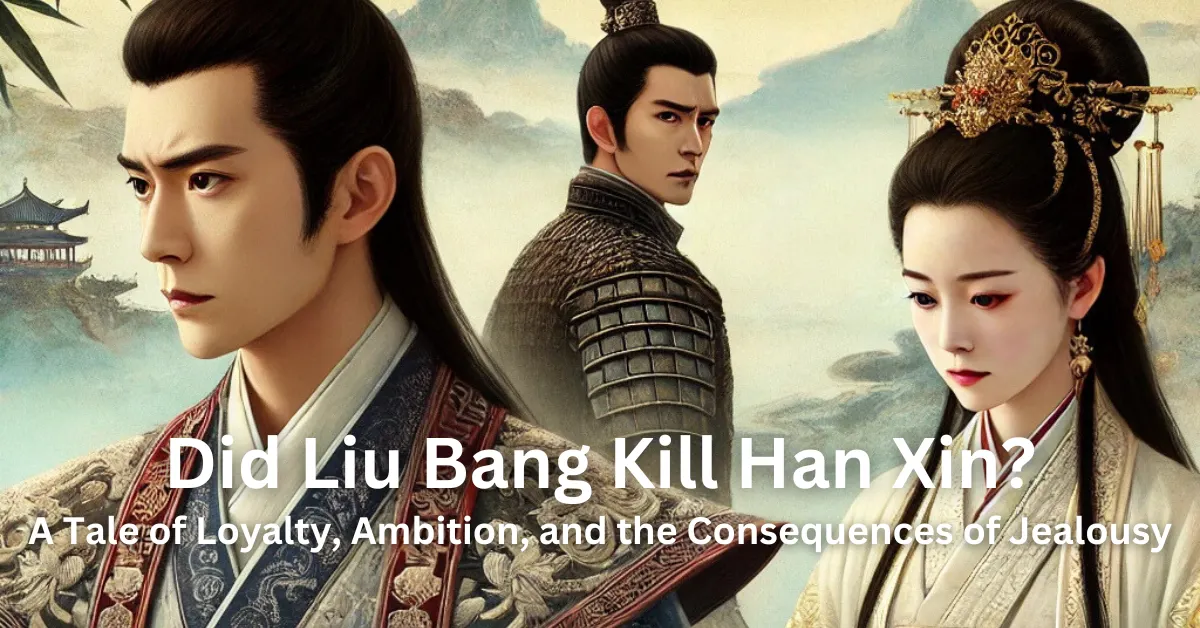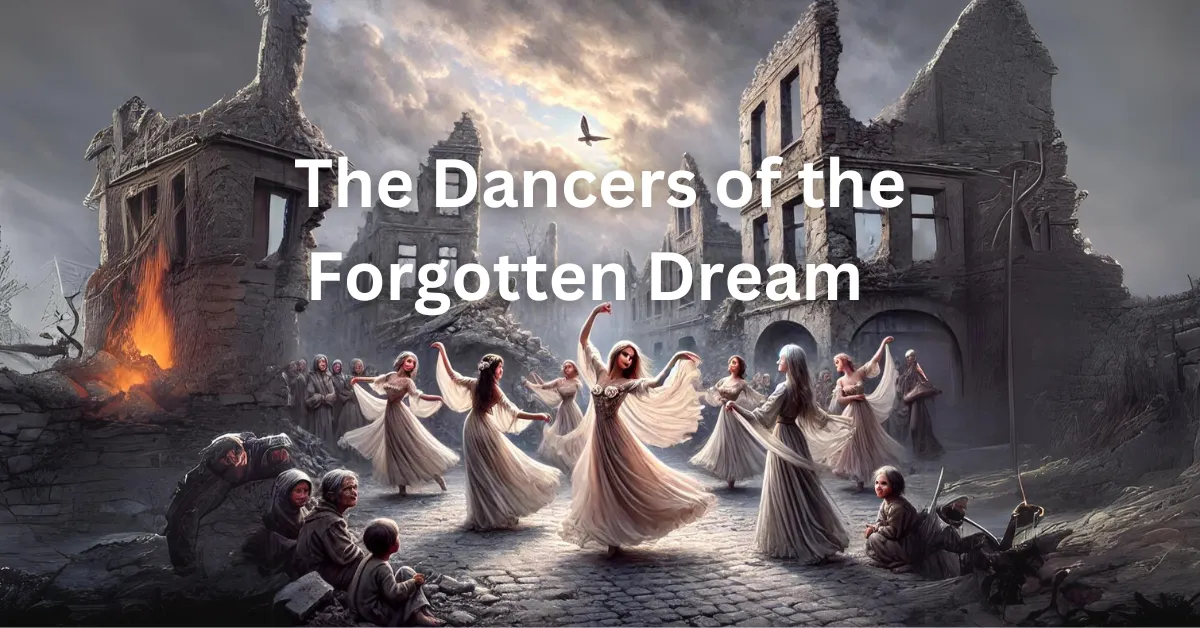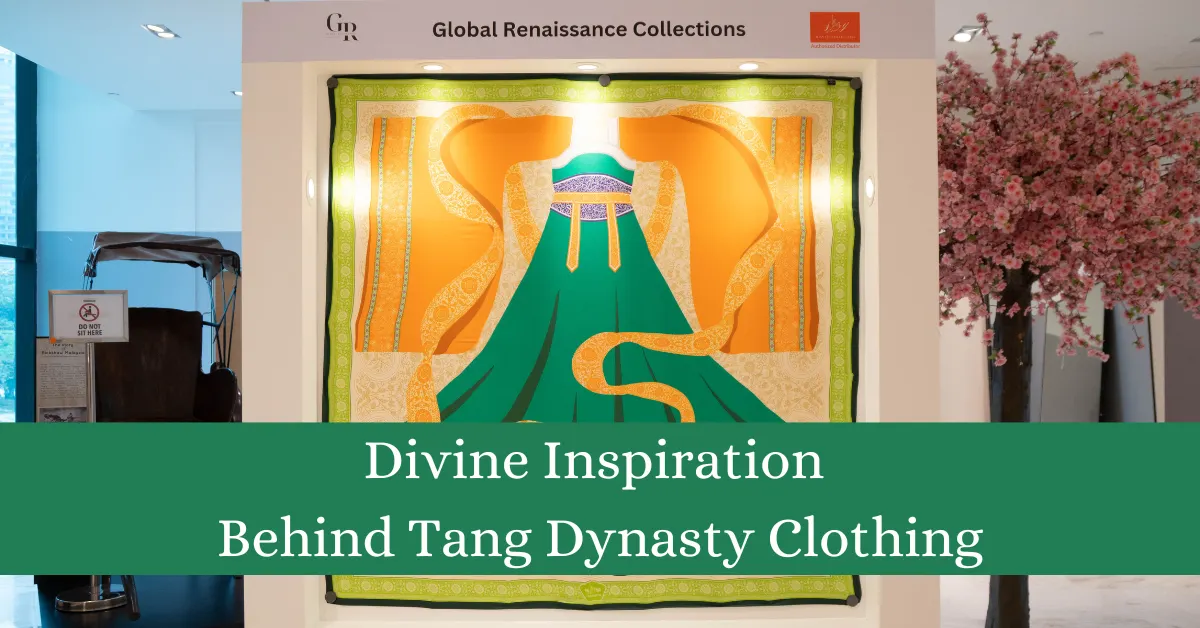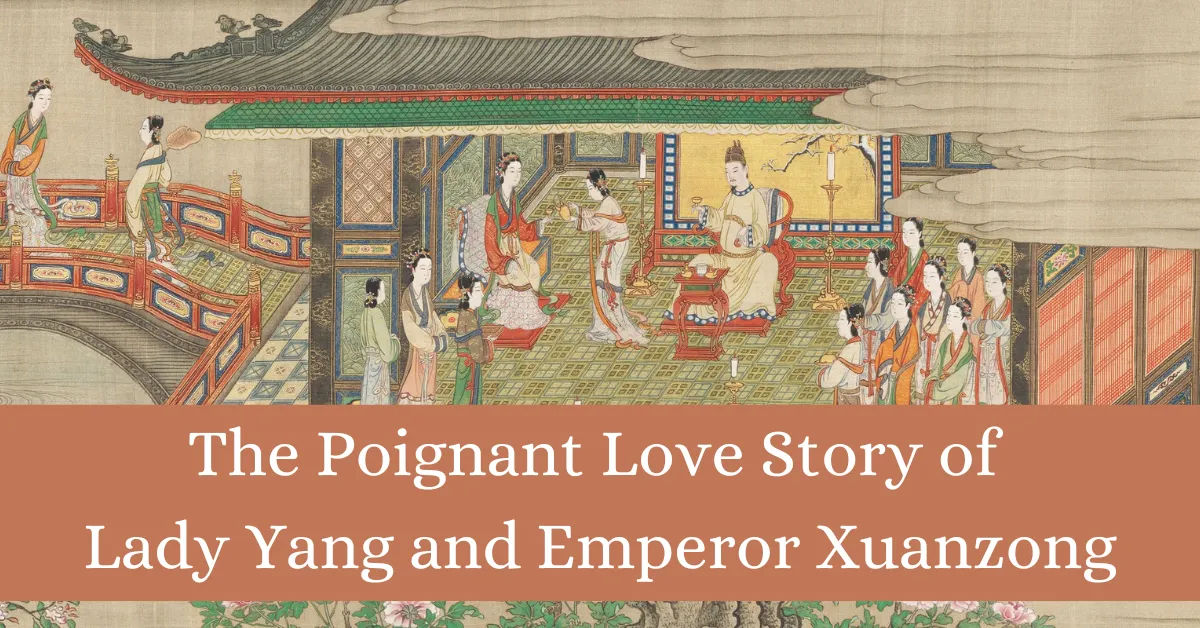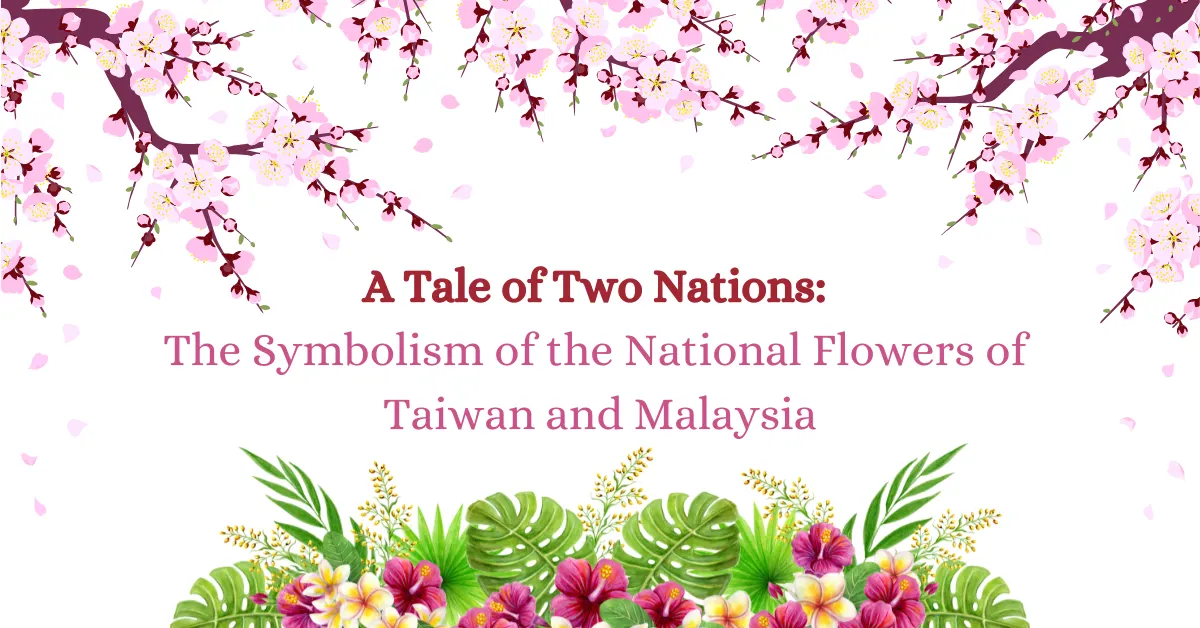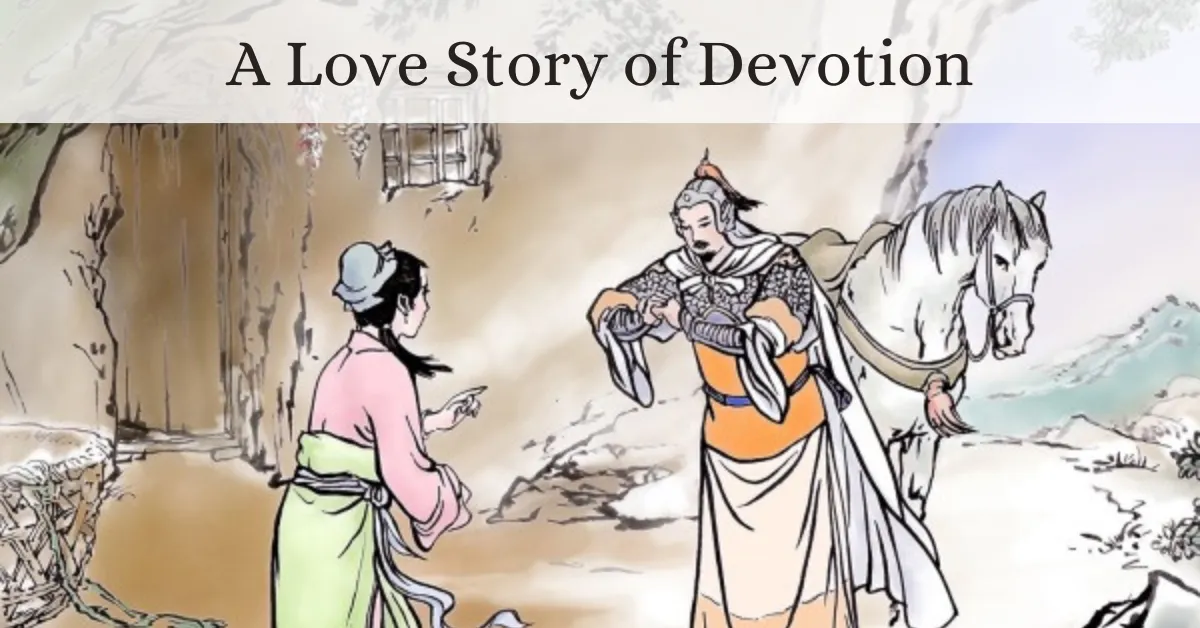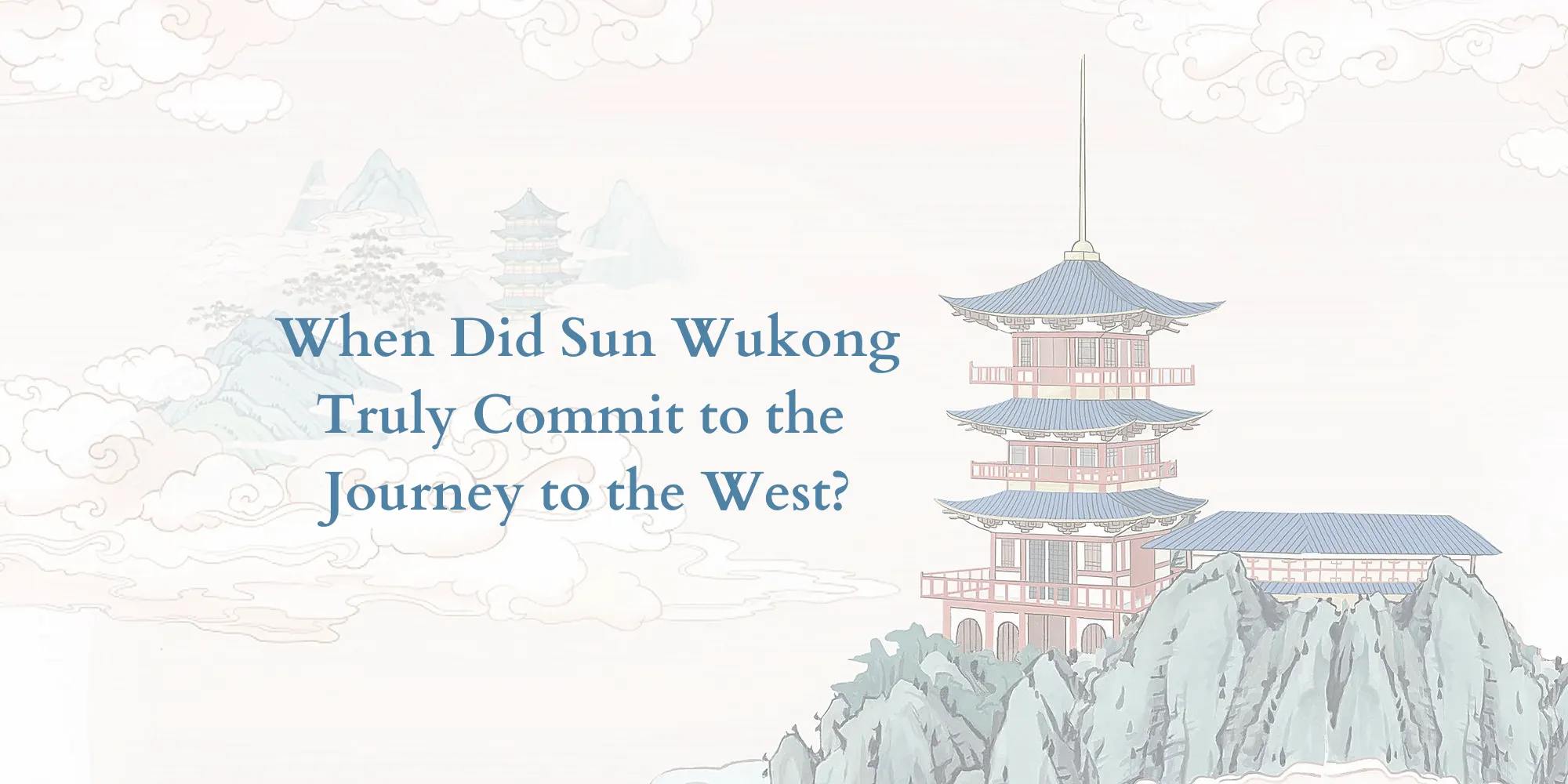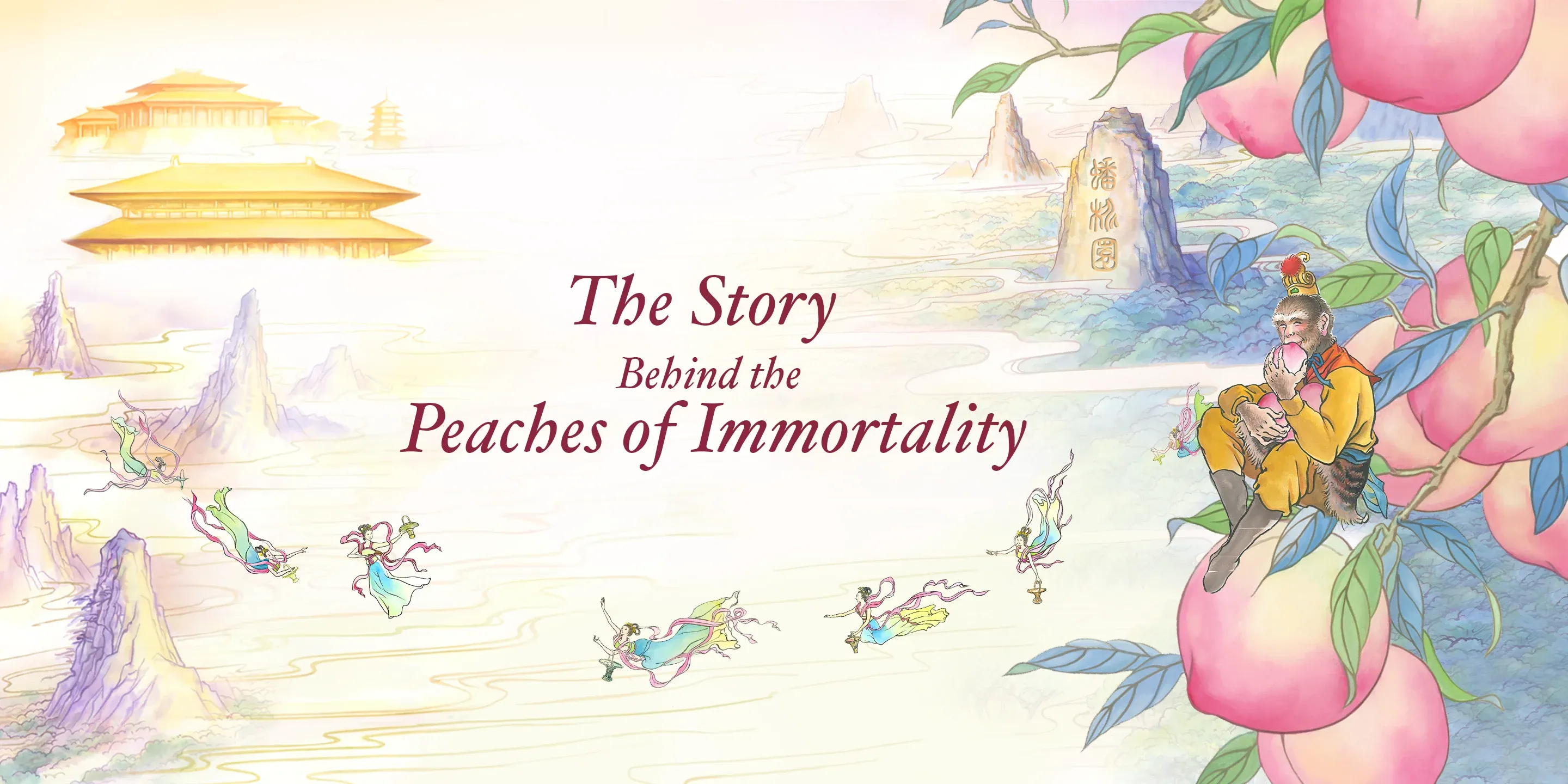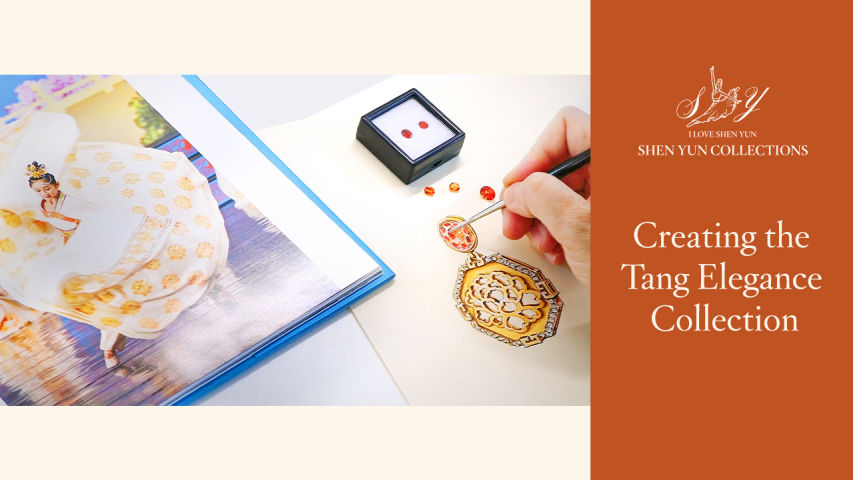The Enlightenment of Huineng: A Tale of Zen, Legacy, and Truthfulness
The Enlightenment of Huineng: A Tale of Zen, Legacy, and Truthfulness
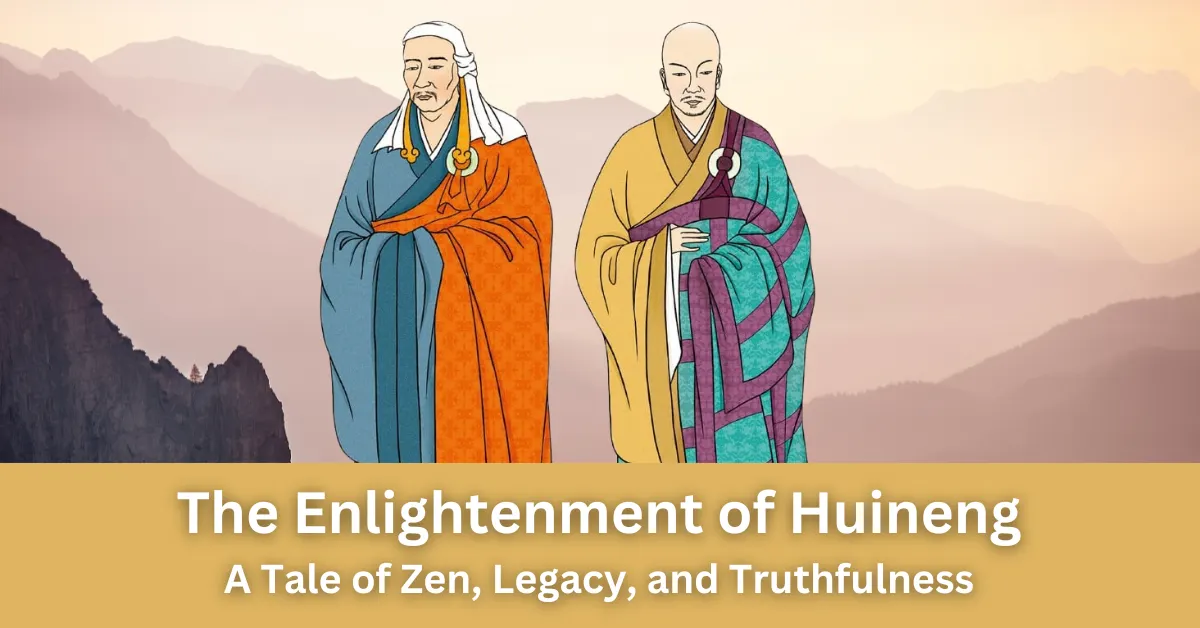
Everyone has heard of the famous exchange between Shenxiu (advocates gradual enlightenment) and Huineng (advocates sudden enlightenment), the two monks of the Zen tradition:
神秀說:“身是菩提樹,心如明鏡臺,時時勤拂拭,勿使惹塵埃。”
Shenxiu said: "The body is a Bodhi tree, the mind like a bright mirror stand. Constantly polish and clean it, do not let it gather dust."
惠能說:“菩提本無樹,明鏡亦非臺,本來無一物,何處惹塵埃。”
Huineng replied: "Bodhi originally has no tree, the bright mirror is not a stand. There is fundamentally not a single thing, where can dust gather?"
But do you know the story behind this famous exchange?
The fifth ancestor of Zen, Master Hongren, was growing old and sought a disciple to whom he could pass down the Dharma. To determine the monks' level of enlightenment, he asked them to write a poem revealing their understanding of the nature of the mind and the Way. Shenxiu, a senior monk known for his profound knowledge, wrote his poem on the temple wall. When Hongren saw it, he asked all the monks to memorize Shenxiu's words, recognizing it as a valuable teaching. However, in private, Hongren told Shenxiu that while his understanding was good, he had only reached the door of cultivation—he still needed to work and deepen his practice.
Huineng, an illiterate monk who worked in the kitchen, heard about the poem. Though he couldn’t write himself, some of the monks helped him by writing his response on the wall. This is when Huineng’s poem appeared, offering a radically different perspective on the mind and enlightenment.
When Master Hongren read Huineng's poem, he was astonished. Sensing that Huineng possessed deep spiritual wisdom, he quietly ordered the wall to be cleared of the poem to avoid controversy. Hongren then summoned Huineng in secret, revealing to him that he had the "roots of wisdom" (慧根), the potential for profound enlightenment. However, since Huineng had only been at the temple for eight months and was a simple, low-ranking worker, Hongren could not openly acknowledge him as his successor. He secretly passed the robe and bowl, symbols of the Zen lineage, to Huineng and instructed him to flee south and never to return to the north. And Huineng was also told that he is the last successor of Zen.
Following his master’s advice, Huineng settled at Nanhua Temple, where he continued to practice and spread the teachings. During the reign of Empress Wu Zetian, she invited him to the imperial court in the north. But remembering Hongren’s warning, Huineng declined the invitation. Huineng eventually passed away, and remarkably, his body remained uncorrupted for over a thousand years. It still rests at Nanhua Temple today.
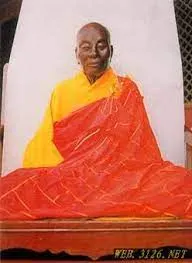
During the Japanese occupation of China, Huineng’s body narrowly escaped destruction. Soldiers, curious about the preserved body, attempted to slice it but stopped when they saw actual flesh beneath the surface. Being Buddhists themselves, they revered the miraculous sight and chose to spare the body.
Unfortunately, during the Cultural Revolution, the Red Guards of China's Communist Party, zealous in their pursuit of atheism, destroyed Huineng’s body. They even opened his skull in a brutal act of desecration. This was also a time when monks were forced to return to secular life, a process known as 還俗 (leaving the monastic life).
Deep Cultural Heritage of China: Confucianism, Buddhism, and Taoism
This story is mentioned in Zhuan Falun, the main text of Falun Dafa, which reflects on the famous exchange between Shenxiu and Huineng, and touches on the concept of 金剛不壞之體 (an incorruptible body).
Master Li Hongzhi, founder of Falun Dafa, mentioned in Zhuan Falun, "You might be familiar with how Zen Buddhism makes a distinction between sudden and gradual enlightenment. The sixth Zen patriarch, Hui-neng, believed in sudden enlightenment, while Shen Xiu, of Zen’s Northern school, believed in gradual enlightenment. The two approaches have long been the subject of debate among Buddhists. But the debate isn’t that meaningful, as I see it, because what the two figures were referring to was just an individual’s degree of insight into the teachings as he practices. Some arrive at insights in a sudden flash, while others arrive at them more slowly, over time. But either should be fine, as in both cases the person does enlighten to something. Naturally, it’s better to do so instantly, but gradually is okay too; in either case the person comes to a new understanding. So neither approach is wrong."
Falun Dafa is rooted in the principles of "Truthfulness, Compassion, and Forbearance" and also reminds practitioners of the deep cultural heritage of China, which is based on Confucianism, Buddhism, and Taoism.

Between 1992 and 1998, the profound teachings of Falun Dafa quickly spread, attracting 100 million practitioners in China. However, as the number of practitioners surpassed that of the Communist Party members and not aligned with the party's teachings of atheism, the regime, driven by fear and jealousy, banned Falun Dafa. You can learn more about this practice at falundafa.org.
Shen Yun Collections offers a beautiful range of Falun pendants available in 24k and 18k yellow gold, as well as white gold. This includes a vibrant enamel series and the elegant Falun pin. Each piece brings the energy of "Zhen Shan Ren" (Truthfulness, Compassion, Forbearance), serving not just as jewelry, but as a reminder of the core values that guide us to be good.
Global Renaissance Collections is proud to be the authorized distributor of Shen Yun Collections in Malaysia. Explore the exquisite Falun Dafa Collection, a stunning collection that beautifully captures the essence of "Truthfulness Compassion Forberance".
As a special gift, you can enjoy a 5% discount on any Shen Yun Collections items (only within Global Renaissance Collections platform) when you use the promo code "jane5" at checkout. Don’t miss this opportunity to bring home a piece of elegance and artistry!
Visit the Falun Dafa Collections at https://globalrenaissancecollections.com/falun-dafa-collections


